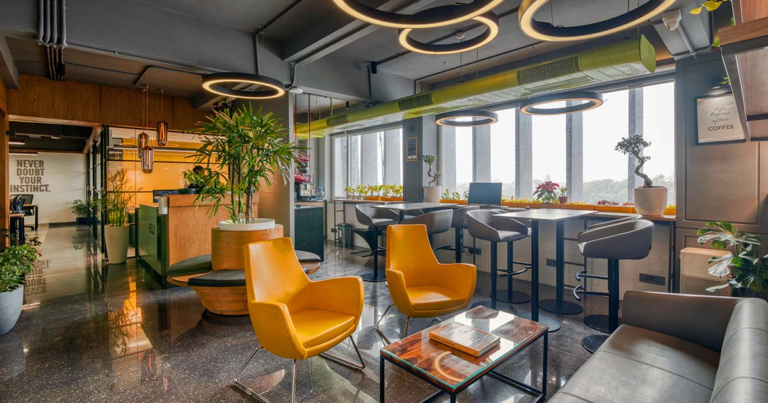Beyond the Blueprint: Real-World Applications of Prefab Construction
In construction, innovation is the key to efficiency and sustainability. Prefabricated construction, once confined to the sidelines, has emerged as a leading solution in the modern building industry. Beyond the blueprint, prefab buildings offer many real-world applications that redefine how to build structures.
From residential homes to commercial complexes, the versatility of prefab techniques is transforming the construction landscape. This article discusses the fascinating world of prefab construction and explores its diverse applications.
Residential Revolution:
Prefab construction is revolutionizing the residential sector, offering various benefits to homeowners and developers alike. Modular components manufactured off-site significantly reduce construction time, leading to faster project completion. This saves time and minimizes labor costs, making prefab homes an economical choice.
Moreover, the precision engineering of prefabricated elements ensures high-quality construction, enhancing durability and structural integrity. From cozy cottages to sprawling estates, these homes can be customized to suit various architectural types and preferences.
Commercial Convergence:
In the field of commercial construction, time is of the essence. Prefab techniques streamline the building process, allowing for swift construction without compromising quality. This is particularly advantageous for commercial projects with tight deadlines and costly downtime.
Modular construction facilitates seamless integration of mechanical, electrical, and plumbing systems, reducing on-site coordination efforts. It offers a flexible and efficient solution for diverse commercial endeavors, from office buildings to retail spaces.
Industrial Advancements:
The industrial sector stands to benefit immensely from the adoption of these construction methodologies. With modular components fabricated in controlled factory settings, industrial facilities can be erected with unparalleled speed and precision.
This benefits industries with rapidly evolving needs, such as manufacturing and logistics. Prefab warehouses, factories, and distribution centers can be tailored to meet specific requirements, optimizing operational efficiency and productivity.
Educational Evolution:
Schools and educational institutions embrace this construction to address growing enrollment demands while adhering to tight budgets. Modular classrooms and school buildings can be erected quickly, allowing for timely expansion and renovation projects.
Additionally, it offers flexibility in design, enabling educators to create innovative learning environments conducive to student success.
Healthcare Innovation:
In the healthcare sector, speed and precision are paramount. Prefabricated healthcare facilities offer a swift solution to address the ever-growing demand for medical services. Modular hospitals, clinics, and medical centers can be constructed with minimal disruption to ongoing operations, ensuring continuity of care for patients.
Moreover, the controlled environment of prefab construction minimizes the risk of contamination and ensures compliance with stringent healthcare regulations. These constructions are revolutionizing healthcare infrastructure, from emergency care units to specialized treatment centers.
Hospitality Haven:
The hospitality industry is embracing prefab construction to meet the growing demand for accommodation while ensuring exceptional guest experiences. From hotels and resorts to eco-lodges and glamping sites, these structures offer a versatile and sustainable solution to hospitality ventures.
With modular units fabricated off-site, hoteliers can expedite construction and minimize disruption to guests. It also allows for creative design freedom, enabling developers to craft unique and immersive environments that cater to the preferences of modern travelers.
Beyond the blueprint, prefab buildings are paving the way for a new era of efficiency and innovation in the building industry. From residential homes to commercial complexes, industrial facilities to educational institutions, and healthcare facilities to hospitality venues, the applications of this construction are vast and varied. By harnessing the power of modular construction techniques, developers and builders can achieve faster project completion, cost savings, and superior quality outcomes.







